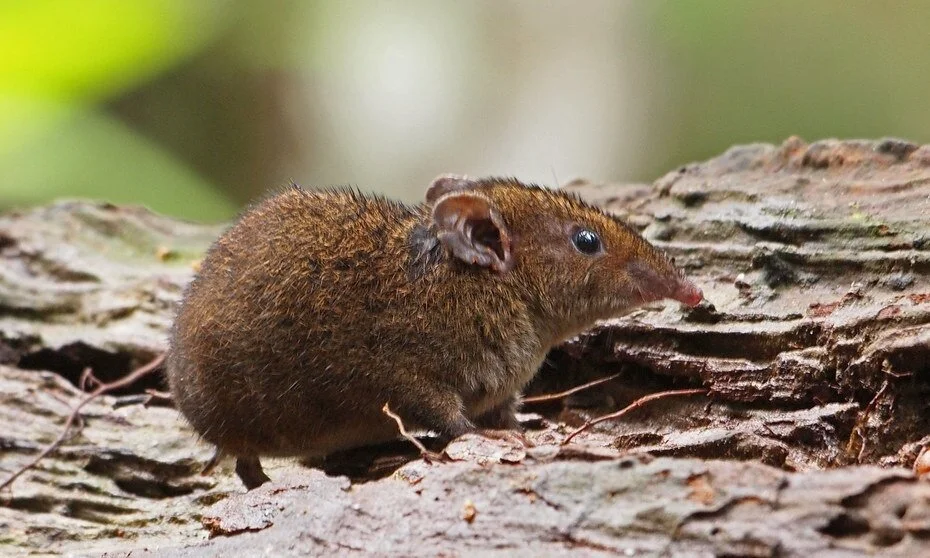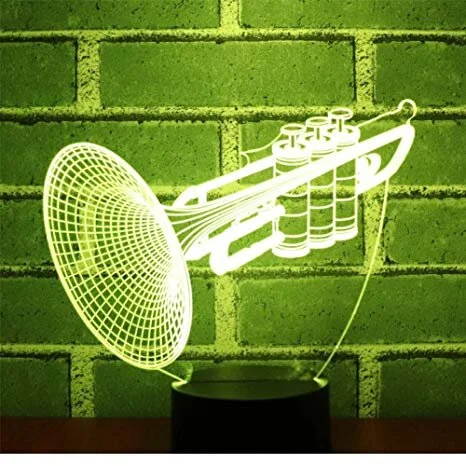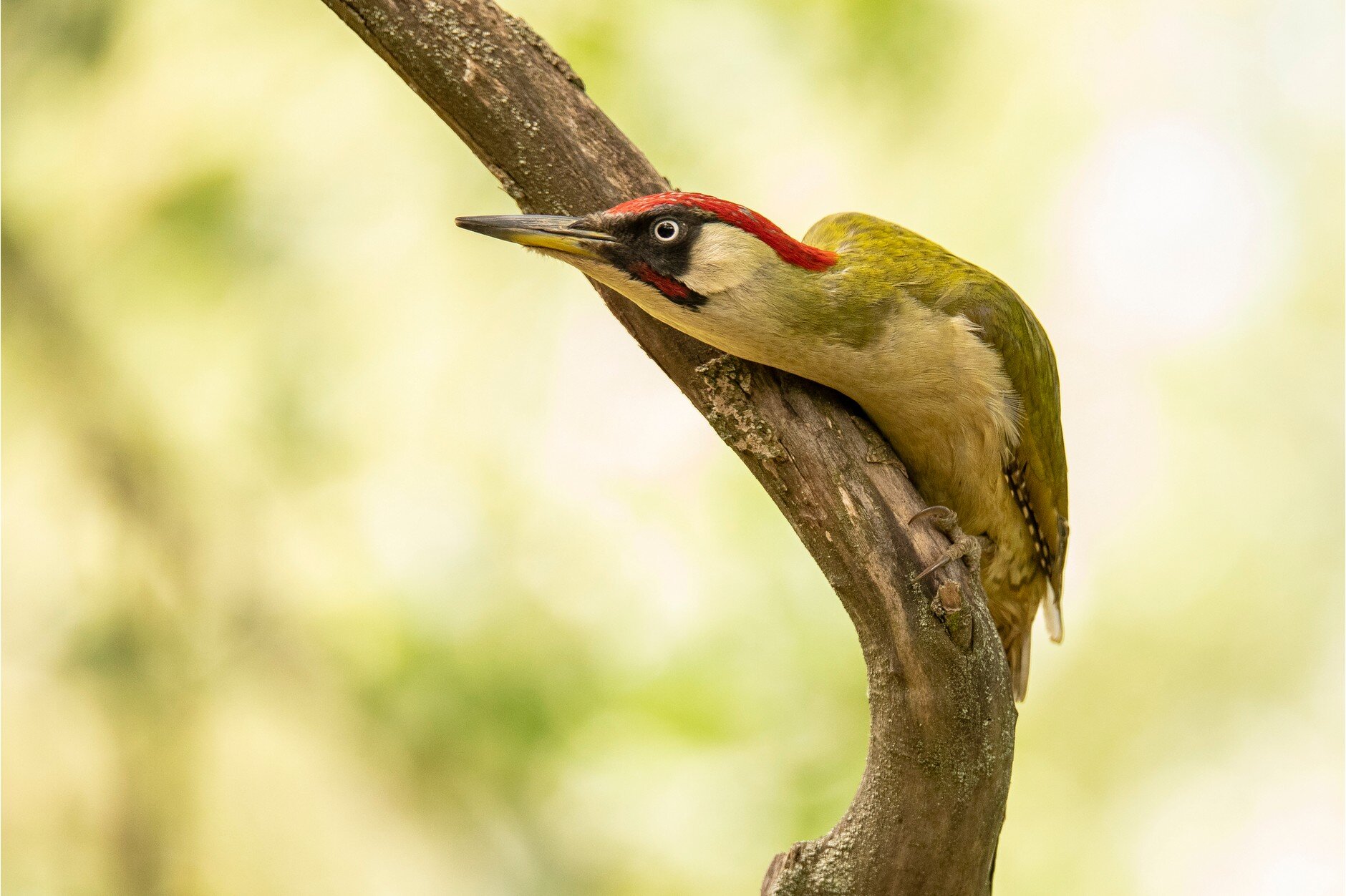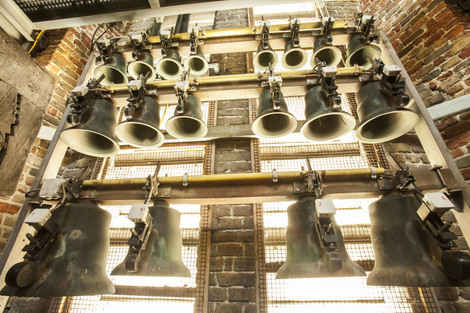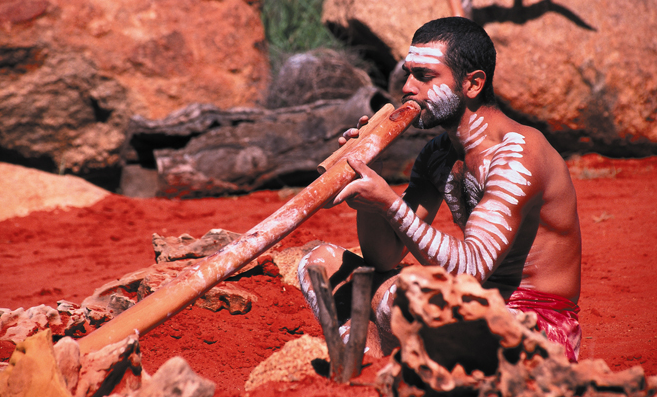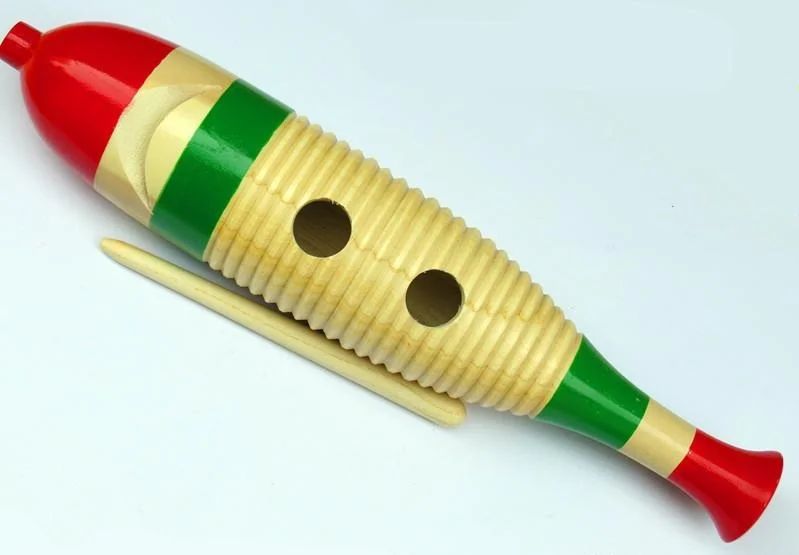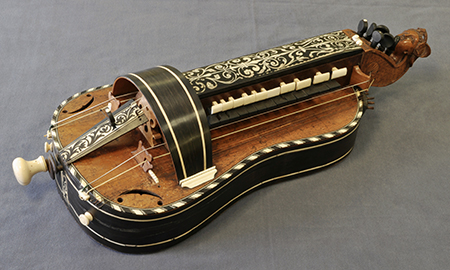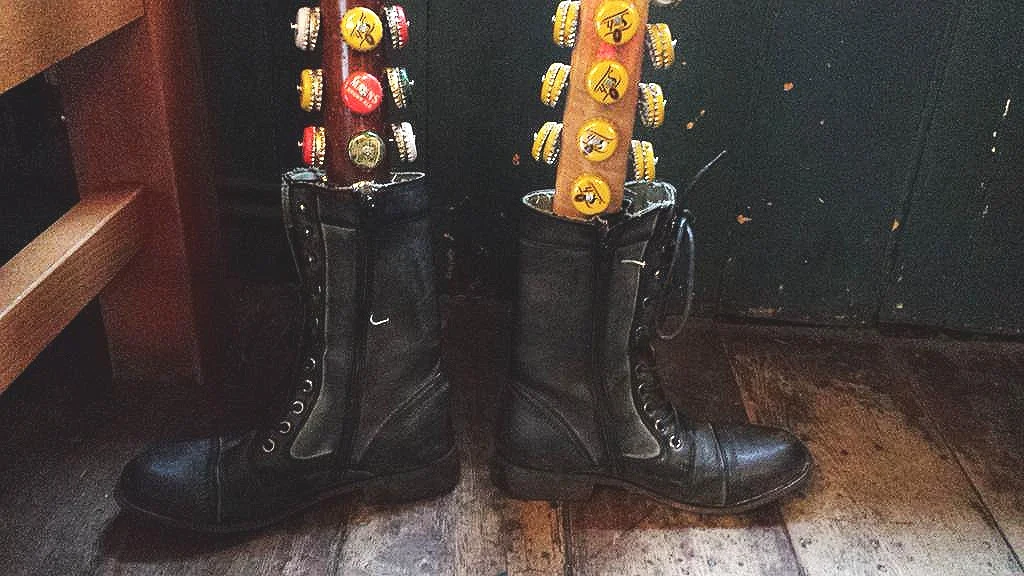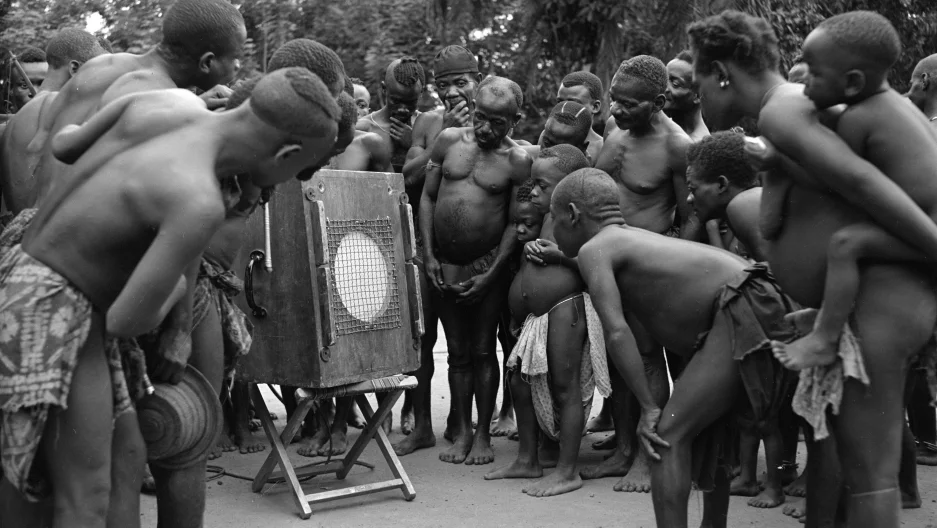Word of the week: It’s a mid-17th century verb that has sexy, or maybe sensible overtones, meaning to unbutton or undo, and as barely as it is in used in the language, so also is also pretty much naked in song lyrics. Or is it?
Read moreWord of the week: diffibulate
Prince’s nimble fingers would certainly have been skilled in diffibulation




